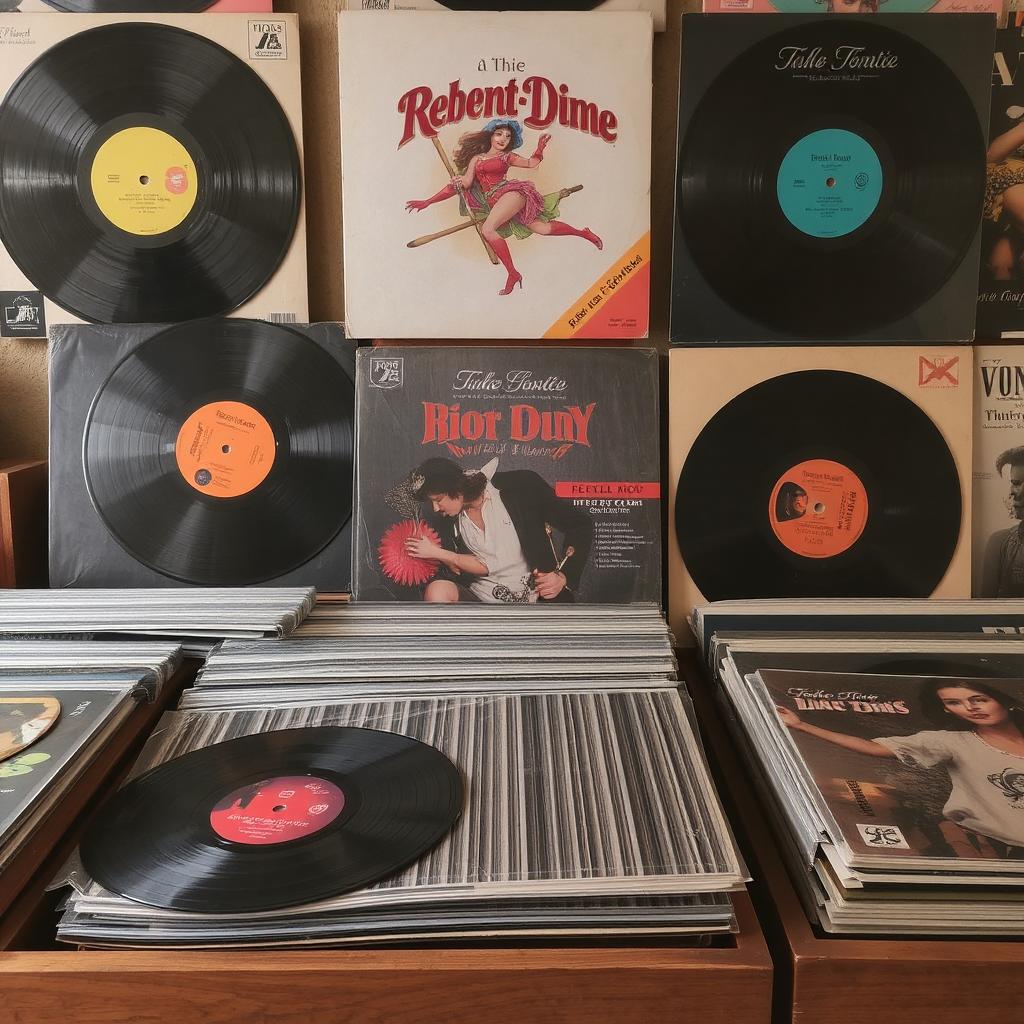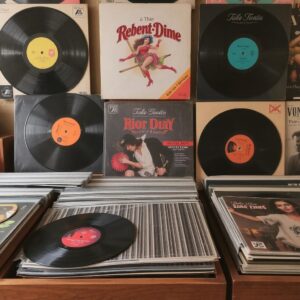
Of all the genres within the vast Bollywood music library, the item song holds a unique and paradoxical place. Designed for mass appeal, instant recognition, and theatrical spectacle, these numbers were the undeniable crowd-pullers of their time. Yet, for all their popularity, the original vinyl soundtracks that housed some of the most iconic and experimental item songs have become surprising casualties of time, evolving into some of the most sought-after rarities for dedicated collectors. These LPs are fascinating artifacts, capturing a raw, unfiltered version of a musical phenomenon often dismissed as purely commercial.
The path to rarity for these albums is paved with irony. The very nature of the item song—its association with cabarets, vamp characters, and B-grade films—often relegated the parent movie to a secondary status. While the song itself might become a massive hit on radio or through live performances, the film’s commercial failure or niche appeal meant its soundtrack received a severely limited press run. The LP was seen as a promotional tool for a product that had already faded from theaters, resulting in few copies being produced and even fewer being carefully preserved. These records were not the cherished family heirlooms that romantic soundtracks were; they were often seen as ephemeral, leading to their disposal as tastes changed.
This fate befell countless gems from the 60s, 70s, and 80s. Consider the soundtrack for “Teesri Manzil” (1966). While the film was a hit, its iconic number “Aaja Aaja,” featuring the electrifying Helen, is the very definition of a classic item number. The original LP, with music by R.D. Burman, is a prized possession because it captures the song in its full, dynamic glory—the crisp percussion, the soaring brass, and Asha Bhosle’s vibrant energy—without the audio compression of later editions. For collectors, this LP is valued not just for the song, but for representing a pivotal moment where the Western-inspired club number was perfected.
Even more elusive are the LPs from films that were outright musical curiosities. The soundtrack for “Qurbani” (1980) is famous for “Aap Jaisa Koi,” but its other dance number, “Laila O Laila,” is a pulsing, synth-driven anthem. The original vinyl, with its full-bodied bassline and raw energy, is a document of the disco era’s influence on Bollywood. Similarly, the LP for “Surakksha” (1979), featuring the wildly popular “Jawaani Jaan-E-Man” sung by R.D. Burman himself, is a rare find. The song’s funky, playful vibe defined a certain kind of 70s camp, but the film’s status as a potboiler ensured its physical soundtrack would not see multiple pressings.
The hunt for these records is also a search for lost iterations of famous songs. Many iconic item numbers were re-recorded or re-arranged for later film albums or celebrity compilations. The version of “Piya Tu Ab To Aaja” from “Caravan” (1971) on an original LP is sonically distinct from the one that appears on countless modern “best of” collections. The same applies to the gritty, atmospheric “Dum Maaro Dum” from “Hare Rama Hare Krishna” (1971). The vinyl format preserves the original mix—the balance of the guitars, the echo on the vocals, the depth of the bass—exactly as the music director intended it to be heard in theaters.
For the serious collector, these rare item song LPs are not kitsch; they are crucial chapters in the history of Bollywood vinyl records musical evolution. They showcase composers like R.D. Burman, Bappi Lahiri, and Laxmikant-Pyarelal at their most experimental, freely blending funk, disco, rock, and Indian folk to create a sound that was irresistibly danceable and wildly inventive. To own these records is to possess the unadulterated energy of a bygone era of cinematic excess. They are the authentic sound of a time when spectacle and melody converged to create something thrillingly audacious, pressed into vinyl before it could be polished, edited, or forgotten.





